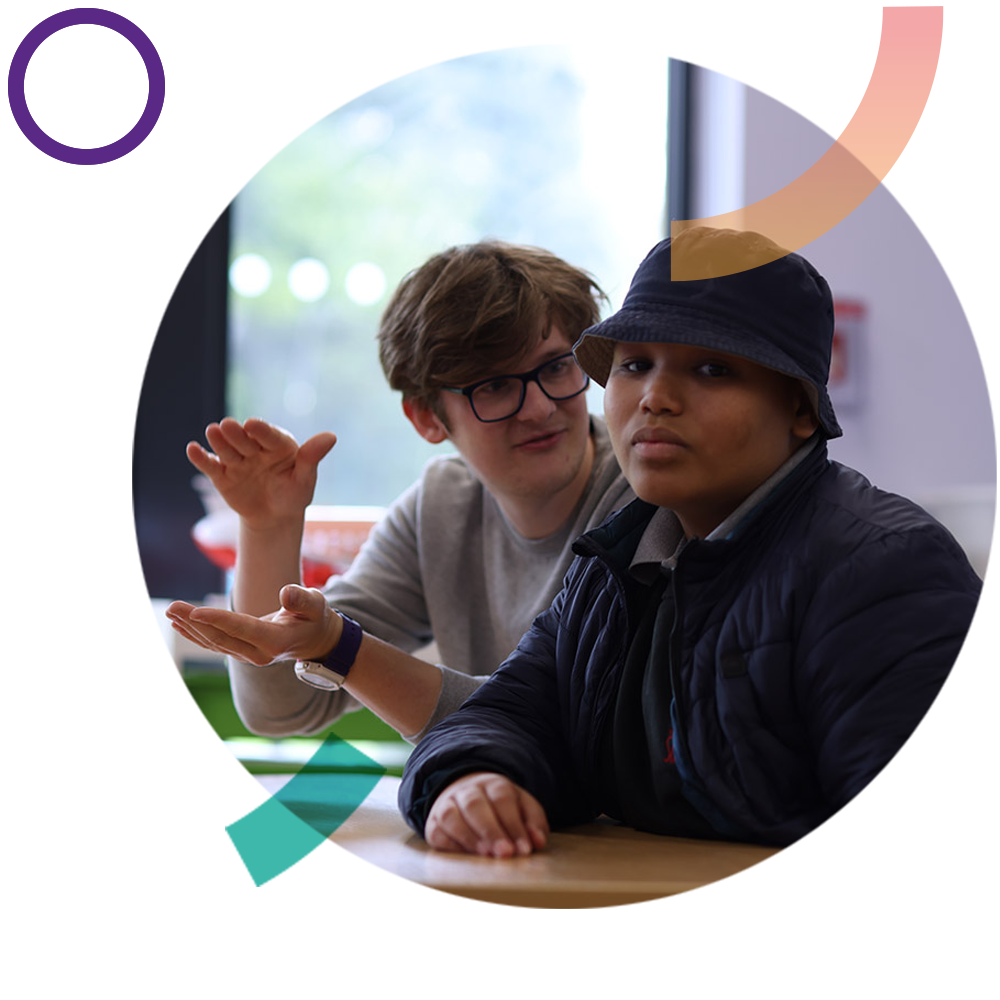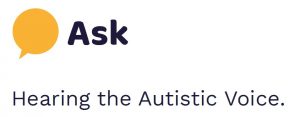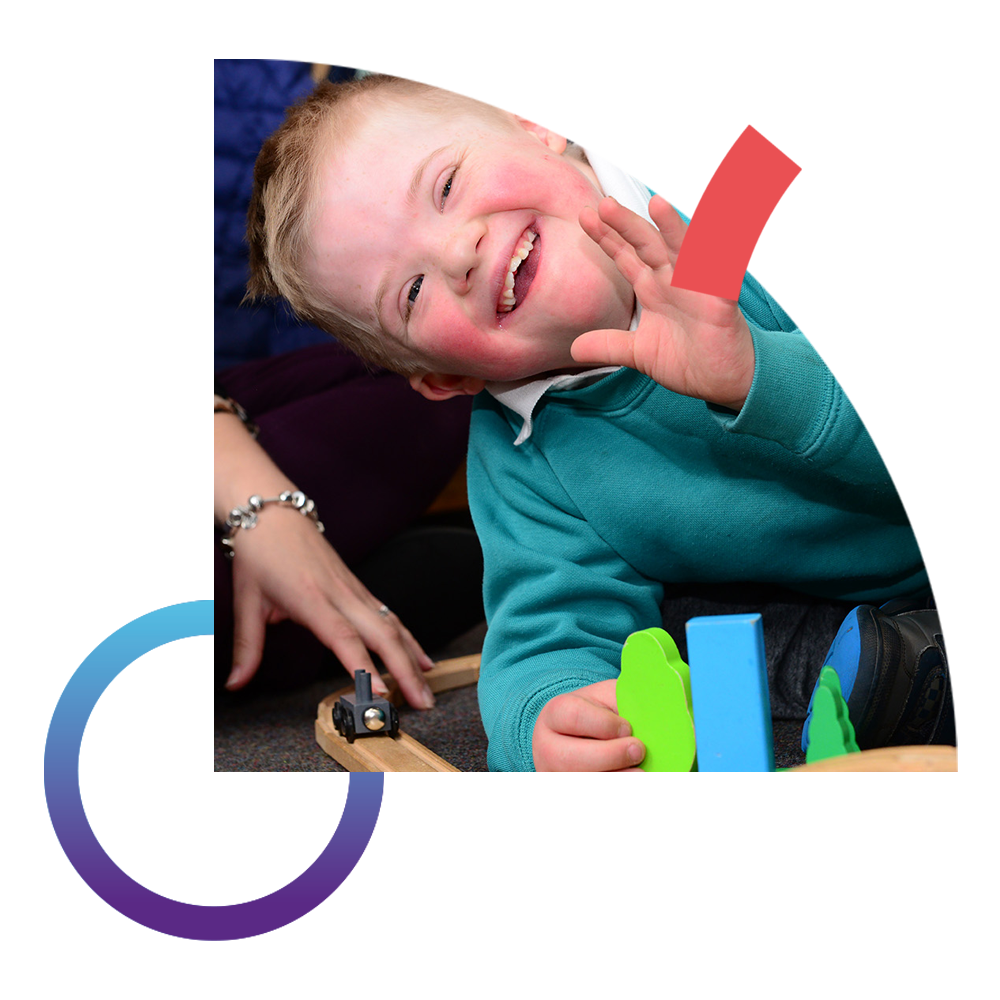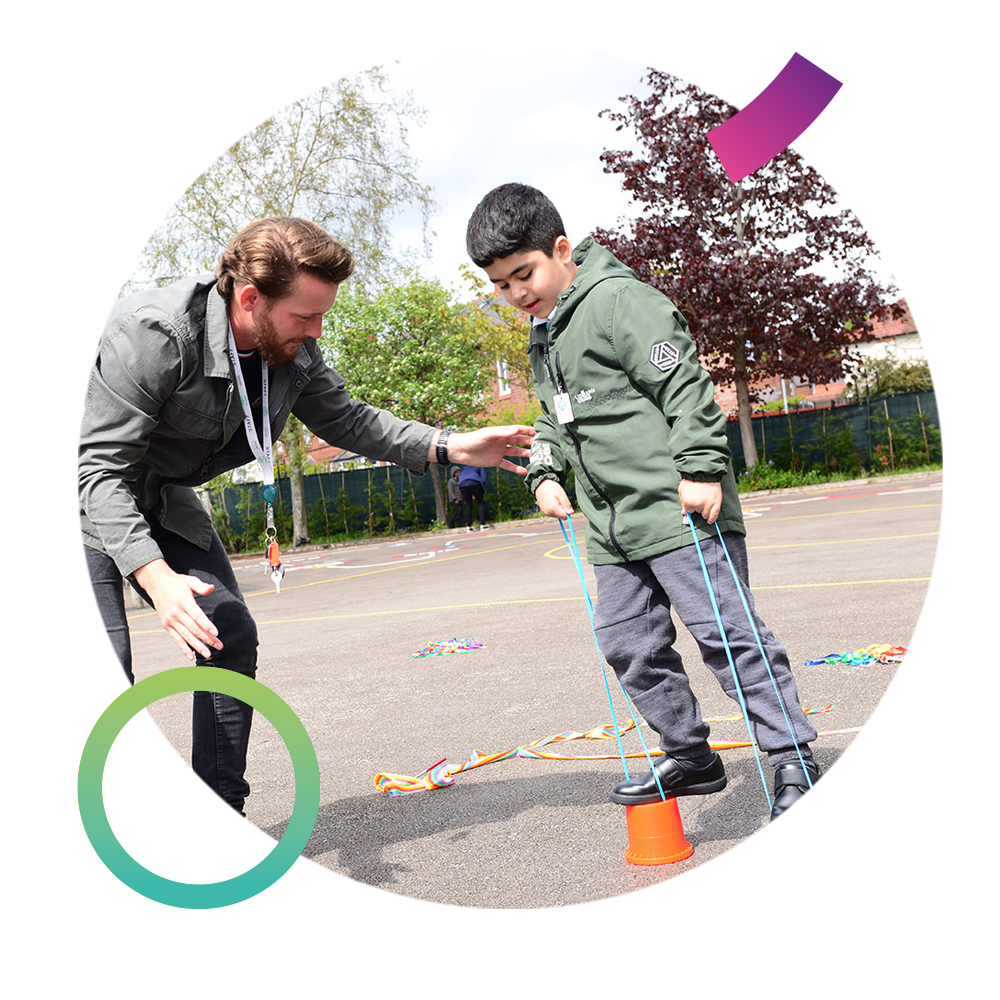
As a leading voice on Autism we have developed a Neurodiversity Strategy to strengthen and continually progress our approach to the provision of care, education and clinical services to autistic individuals in an environment which is conducive to their strength and needs.
The strategy recognises that despite underlying shared traits, autistic individuals are vastly different from one another. Some autistic individuals are cognitively talented, some autistic individuals have a significant intellectual impairment; this strategy has been written to ensure all abilities levels have been considered and included, although some parts of the strategy may be more relevant to specific needs.
The Strategy has been created and refined through a review of the current autism literature and consultation from the lived experience expert panel, a clinical multi-disciplinary (Speech and Language, Occupational Therapy and Psychology) team and the OFG advisory board. The Strategy has also been through a focus group of teacher’s and teaching assistant to test relatability and acceptability.
The foundation of the Neurodiversity Strategy is based upon the principals of Ask, Accept and Develop. Download the strategy in full here.
Dr Freya Spicer-White, Head of Neurodiversity Practice and Standards said; “The Neurodiversity Strategy is about celebrating difference, not deficit. This is so important to me and the services we provide because it means we embrace the neurodiversity positivity culture and the uniqueness of each autistic individual”.


Ask is our top priority.
Autistic individuals in our services will be consulted about their choices and preferences, at whatever level is appropriate for their cognitive ability.
These choices need to be wide ranging, including supporting individuals to provide meaningful input into their own care and education plans.


Accept is the next step after awareness.
All staff will accept the strengths and needs associated with an autism diagnosis, whilst also appreciating each as an individual.
All environments, communication systems and activities will be tailored to need specific autistic needs.


Develop is acquiring new skills and abilities through teaching and scaffolding.
All teaching and development will be derived from an individual’s personal goals, informed by their family’s views and driven to improve their quality of life.
The focus is to enable and empower an individual to grow and flourish.